U.S. Commerce Secretary Howard Lutnick announced on Sunday that tariffs on imports from Canada and Mexico will go into effect on Tuesday, though the exact rates remain uncertain.
Speaking on Fox TV’s Sunday Morning Futures, Lutnick noted that while the administration had previously planned a 25% tariff on most goods from these nations—except for energy products subject to a 10% tariff—the final decision will rest with President Donald Trump and his team.
“There are going to be tariffs on Tuesday on Mexico and Canada. Exactly what they are, we are going to leave that for the president and his team to negotiate,” Lutnick said, describing the situation as “fluid.” This latest development follows a month-long delay in implementing the originally scheduled tariffs.
Lutnick acknowledged that both Canada and Mexico have “done a reasonable job” securing their borders with the United States. However, he expressed concern over the continued flow of fentanyl into the country, a factor that may influence the administration’s decision on the final tariff levels.
The move comes amid broader trade discussions and ongoing debates over U.S. border security and international trade policies. Earlier, President Trump had indicated an intention to impose a uniform 25% tariff on most imported goods from Canada and Mexico, a policy shift that would mark a significant change in U.S. trade relations with its northern neighbors. Recent remarks also referenced earlier instances when lower tariffs were maintained, highlighting how shifts in trade policy have historically impacted relations with these countries.
As the deadline approaches, industry analysts and trading partners are watching closely to see how the administration’s revised approach will affect both bilateral trade and border security measures.
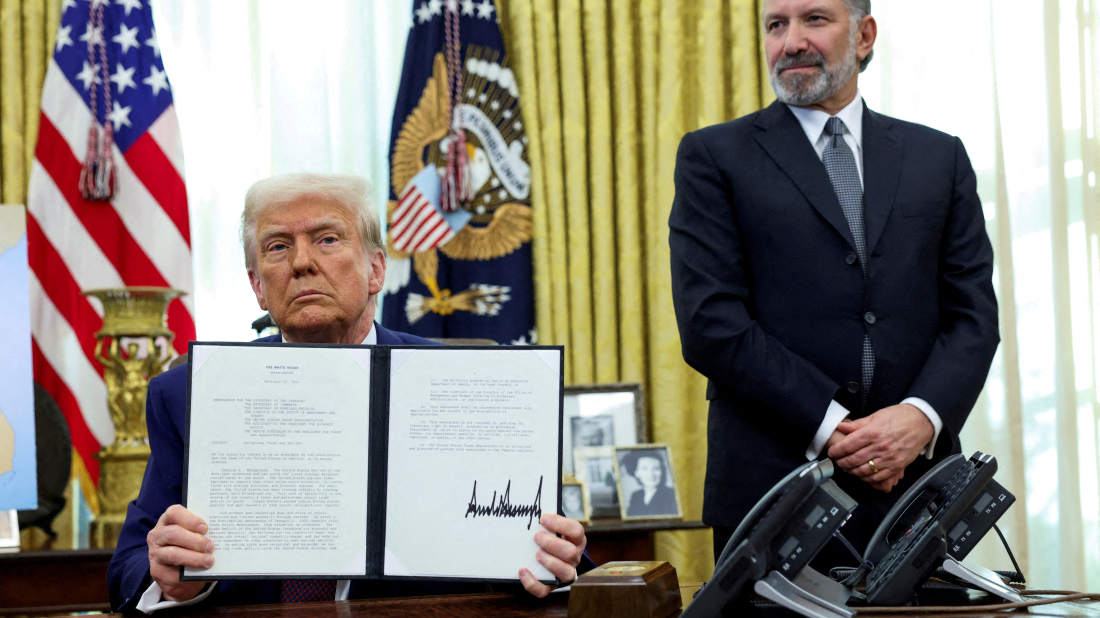

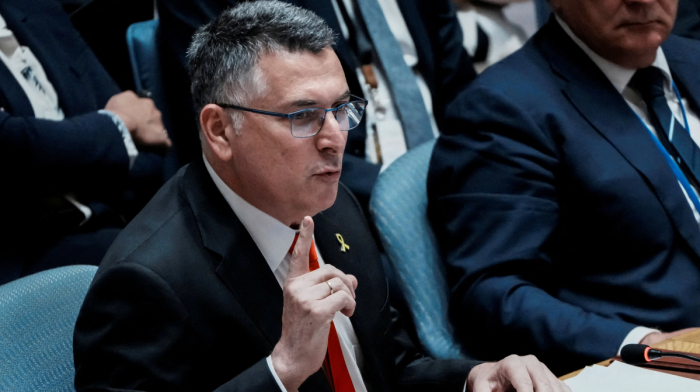




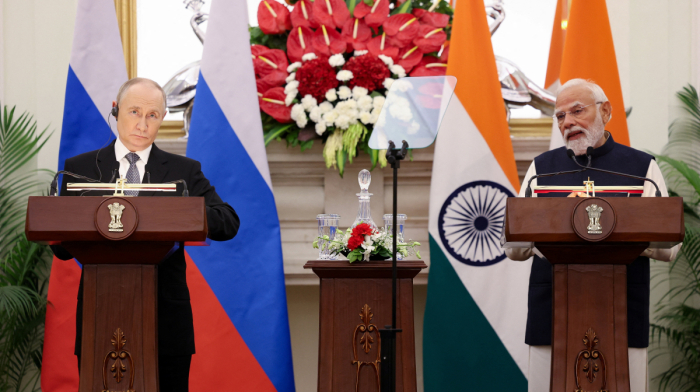

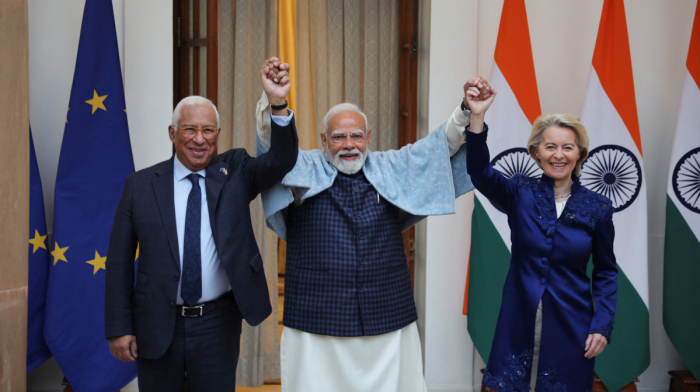
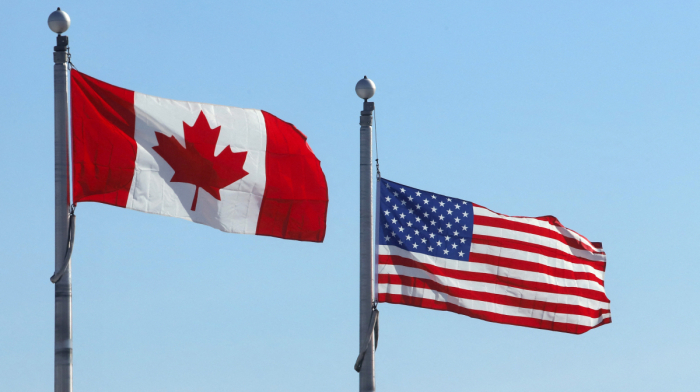


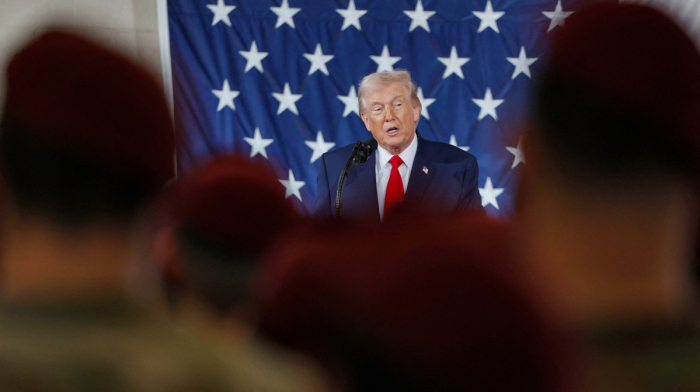

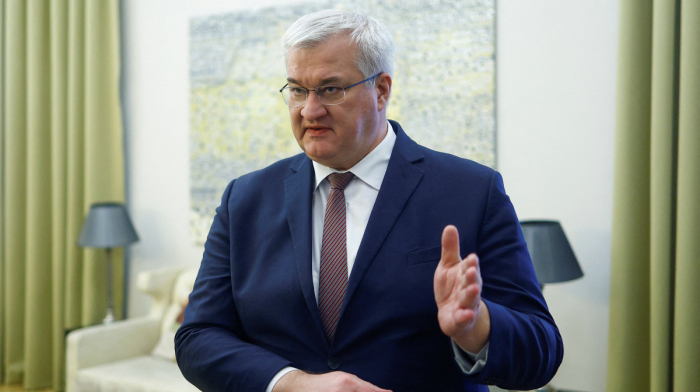




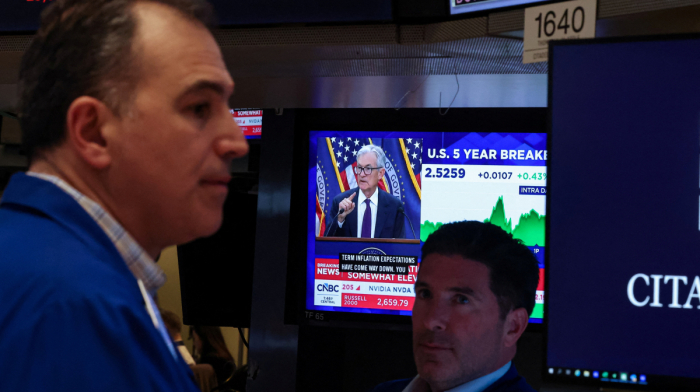



What is your opinion on this topic?
Leave the first comment